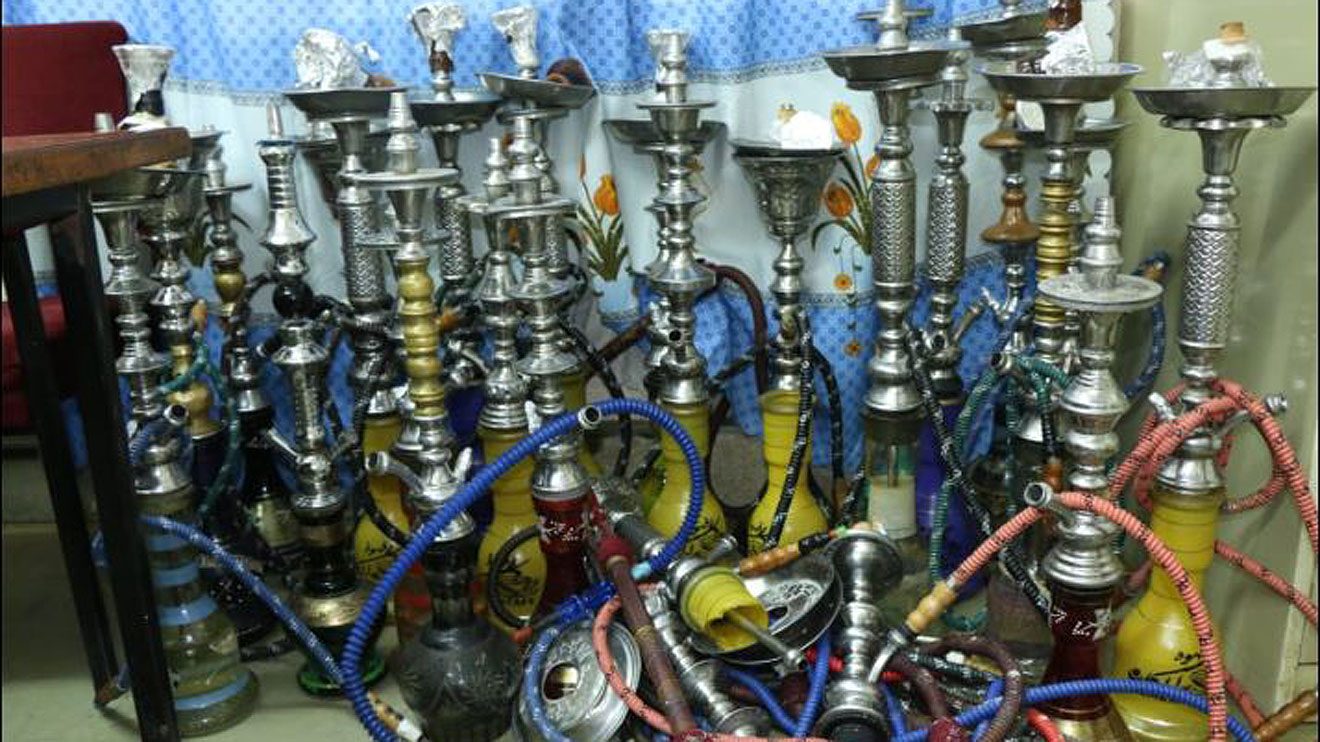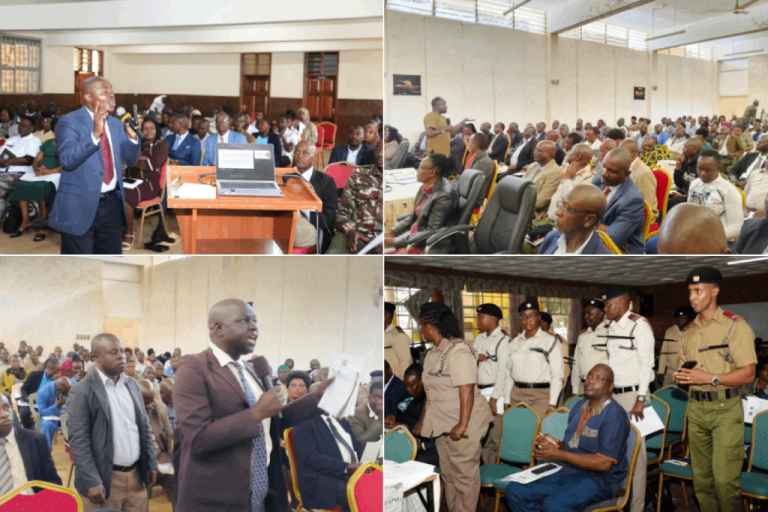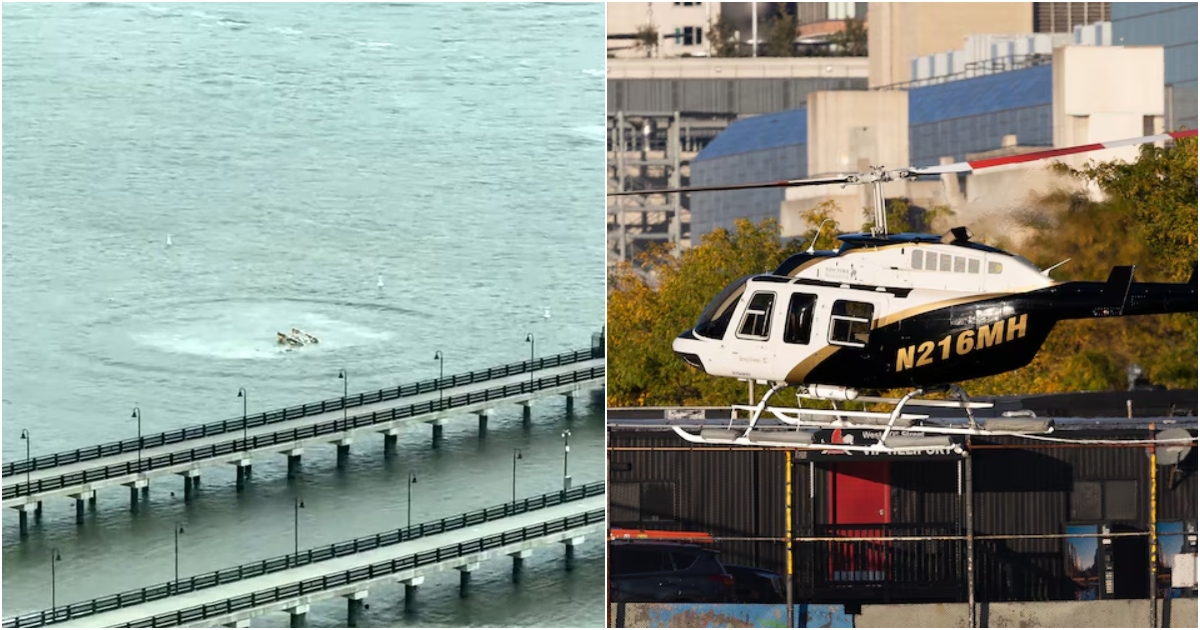Following the Ministry of Health (MoH) 2017 nationwide ban on the import, sale, and use of shisha, a number of clubs and lounges in Nairobi appear to be sidestepping the law.
The ban, which was introduced through public health regulations, came after medical experts raised alarm over the serious health risks associated with shisha smoking.
Despite these regulations, some entertainment spots have devised discreet methods to continue serving the banned product, mostly to high-end clients.
VIP packages masking illegal shisha sales
Speaking to revelers familiar with the trend, it’s clear that club owners have created covert strategies to keep the shisha market alive.
Michael Weru, a frequent party-goer in Westlands, revealed that certain lounges still offer shisha but under code names such as “VIP sessions” or “private experiences.”
“These packages are marketed as exclusive, high-end experiences,” Weru explained. “But for those in the know, it’s simply a way to access shisha without drawing attention.”
Code language and discreet service
To avoid detection, club staff use coded language when referring to shisha. Clients are often led to secluded sections within the club, away from public view, where the product is served discreetly.
In some cases, it’s delivered with a full setup, complete with flavored tobacco and imported accessories, all while pretending to offer other services.
“Shisha remains a big part of club business. Some owners argue that banning it has pushed them to go underground rather than stop offering it,” Weru added.
Health risks still a concern
Despite the demand, health experts continue to warn that shisha contains harmful chemicals that can lead to long-term respiratory issues and even cancer. The Ministry of Health has reiterated that the ban is in place for public safety.
Regulators yet to crack down
Although the law is clear, enforcement remains weak. Industry insiders suggest that corruption, lack of routine inspections, and high demand have made it difficult for authorities to eliminate shisha from nightlife completely.
As the trend continues to gain traction underground, questions linger over how long this loophole will remain open and at what cost to public health.












